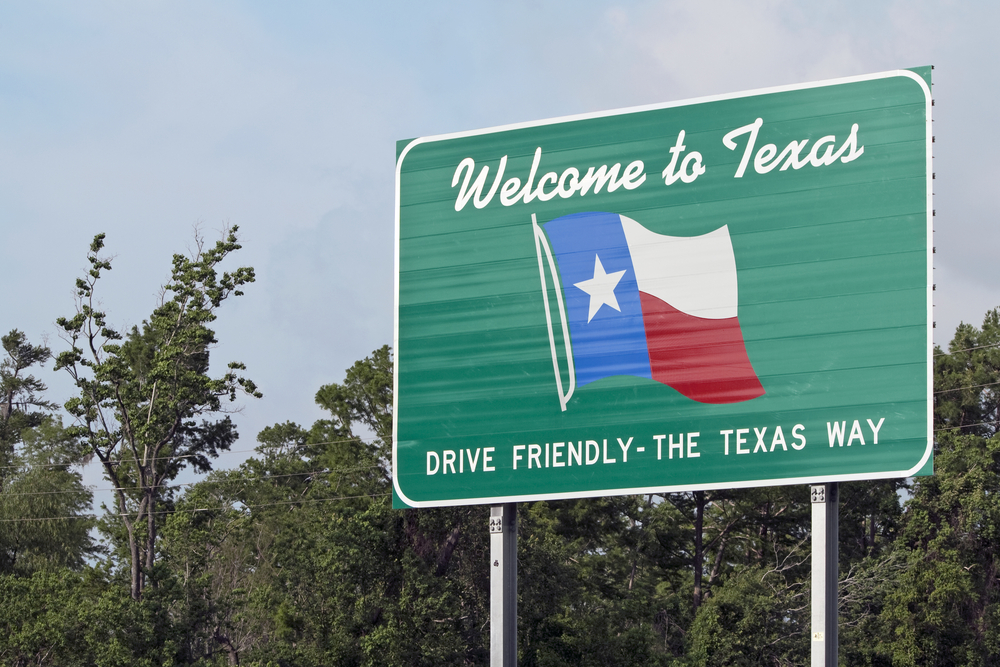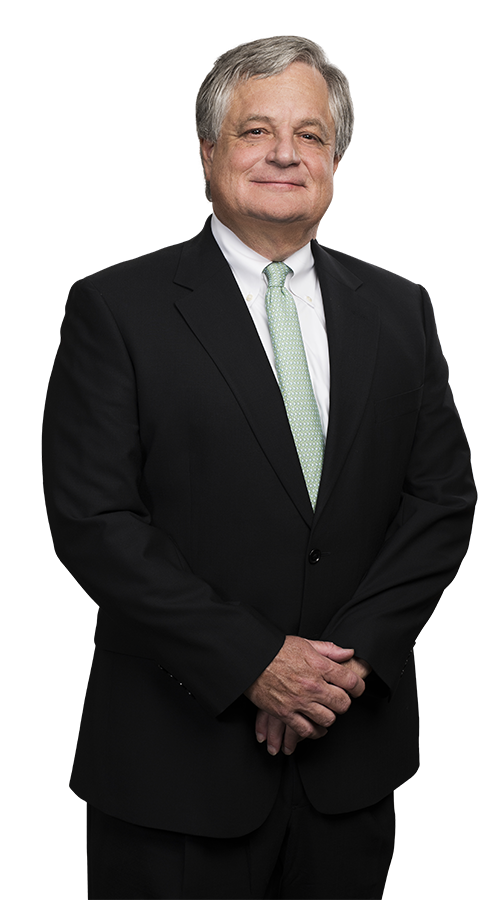- Alma J. Aguirre
- Katy Merrill Andre
- Courtney Culver Baker
- Stephen Bres
- Thomas H. Burton, III
- Giorgio “George” Caflisch
- Victor L. Cardenas Jr.
- Adam B. Chambers
- Ben Connally
- Casey Craft
- Kimberley L. Doom
- Clint Dye
- Stephanie F. Erhart
- Amanda J. Flanagan
- Dalby Fleming
- Joseph A. Garnett
- Steven O. Grubbs
- Jamie Guidry
- Christina “Tina” E. Gutierrez
- Christopher R. Jackson
- James W. Karel
- Travis Livermore
- Cade Lunsford
- Dale B. McMath
- Aileen Meador
- Amy Mitchell
- Dawn A. Moore
- Brent Myklebust
- Raymond A. Neuer
- Kevin Niknam
- Nancy A. Norman
- David Oh
- Christopher A. Palumbo
- George P. Pappas
- R. Edward Perkins
- Lara M. Price
- Carolyn K. Rangel
- James E. Rensimer
- Richard A. Sheehy
- Wesley T. Sprague
- Brian Tagtmeier
- Jana H. Taylor
- Erik Veliz
- James L. Ware
- Ann P. Watson
- Michael P. White
- Christene Wood
- Justin T. Woods
- David A. Wright
- Michael Yanochik

A Primer on Texas Trucking Laws
In Texas, the trucking industry is governed by a host of federal and state laws, which are in place to ensure the safety of drivers and others on the roadways. Below is a basic guide to safety regulations impacting trucking companies in Texas.
Federal “Hours of Service” Laws
On the federal level, the trucking industry is regulated by the Federal Motor Carrier Safety Administration (FMCSA). The FMCSA enforces “hours of service” laws in an effort to reduce fatigue among drivers. These laws, which apply to trucks and truckers operating in interstate commerce, include the following:
- A driver must be off duty for 10 consecutive hours before beginning a shift.
- After 10 hours off duty, a driver may only be on duty for 14 consecutive hours.
- During the 14 hours on duty, drivers may only drive for 11 hours. In addition to driving, truck-related duties like loading, unloading and maintenance are considered part of on-duty time.
- A 30-minute break is required for every eight consecutive driving hours.
- No driver may be on duty for more than 60 hours over a seven-day period or more than 70 hours over an eight-day period. These periods can be reset after a driver has 34 consecutive off-duty hours.
- Drivers who are subject to FMCSA regulations are required to keep driving logs.
Texas “Hours of Service” Laws
The Texas Department of Public Safety (TxDPS) has the authority to govern safety and other rules for trucks and drivers that operate solely in Texas, without crossing into other states or Mexico. The TxDPS has its own rules for drivers’ hours of service, which are less strict than the federal rules. They include:
- A driver must be off duty for eight consecutive hours before beginning a shift.
- A driver may only be on duty for 15 consecutive hours.
- A driver may only drive for 12 hours at a time.
- No driver may be on duty for more than 70 hours over a seven- day period. This period can reset after 34 continuous off-duty hours.
Other Laws
In addition to hours-of-service laws, the FMCSA and TxDPS enforce various laws concerning vehicle and maintenance requirements, licensing, operating limits and insurance requirements. These include:
Vehicles and Maintenance: All vehicles must be systematically inspected, repaired and maintained, and all parts and accessories must be in safe and proper operating condition at all times. Vehicles must be equipped with a minimum set of safety features to ensure visibility and safe operation, and drivers must be trained on safety features.
Licensing Requirements: Drivers are required to have a commercial driver’s license (CDL) that is appropriate to the class of vehicle they are driving. Drivers must be at least 18 years of age to drive within Texas and 21 or older to drive across state lines.
Drug and Alcohol Testing: Pre-employment drug testing is required for all drivers. Companies must also have a program in place to perform random drug and alcohol testing as well as testing upon suspicion by a supervisor. There are also post-accident, return-to-duty and follow-up testing requirements, as applicable.
Insurance Requirements: Trucking companies that operate in Texas must meet specified minimum insurance requirements.
Protect Your Drivers and Your Company
It is important that trucking companies comply with all applicable industry regulations, not only to enhance the safety of drivers and others, but to shield themselves from liability. Complying with all state and federal regulations and maintaining good records will go a long way in protecting your company’s interests in the event of a lawsuit.
The transportation and trucking attorneys at Texas law firm Pappas Grubbs Price PC have represented transportation and trucking companies in litigation and other matters for more than 20 years. Our 24/7 rapid response emergency team, which consists of attorneys, investigators and accident reconstruction experts, is available for nationwide on-the-scene response immediately after an incident. If you would like to speak to a trucking lawyer about your transportation-related matter, contact us.

















































